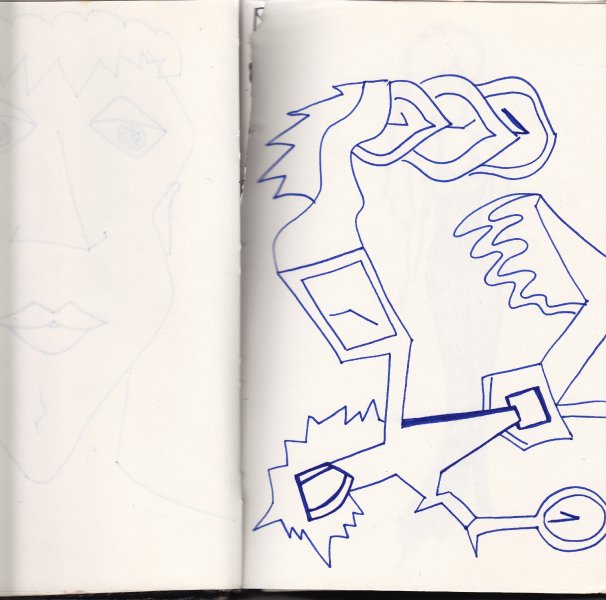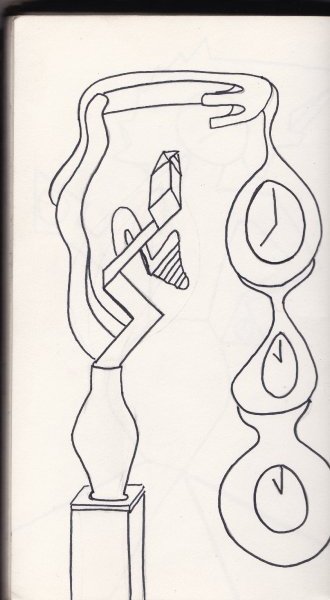Kidneys infected with hepatitis C can now be safely transplanted to recipients with no hepatitis, a new clinical trial has reported. With the help of direct-acting antiviral therapies, transplanted kidneys that are already compromised with hepatitis C can be treated and fully cured, giving recipients a new lease on life, hepatitis-free.
In a multi-center clinical trial at the Massachusetts General Hospital (MGH), researchers found that each of 30 recipients of hepatitis-infected kidneys could be given antiviral therapy as early as two days after the transplant, and were thereafter cured of hepatitis C with no serious side effects. Called the Multi-Center Study to Transplant Hepatitis-C Infected Kidneys (MYTHIC), the study was conceived and conducted by experts from MGH and the Perelman School of Medicine at the University of Pennsylvania. This is the first investigation to show the feasibility, hepatitis C-wise, of “donor positive” to “donor negative” transplantation.
With about 95,000 people in the U.S. waiting for a kidney transplant, the findings of this study promise to increase the viability of kidneys that are typically rejected for organ donation—including those from donors with hepatitis. Kidney disease causes progressive health deterioration, particularly among people over 60 years old. The disease progression — along with the very limited availably of kidney donors — has led to significant mortality among people with severe kidney disease.
To help address these issues, the U.S. Department of Health and Human Services launched the Advancing American Kidney Health Initiative in 2019 to expand treatment options for people with kidney diseases. Central to this initiative is increasing the number of viable kidneys for transplantation through pathways such as reducing the rejection of potentially viable kidneys — for example, in instances of those from deceased donors with hepatitis C.
In the MYTHIC trial, 30 kidney recipients from seven transplant centers across the country were given an eight-week course of the anti-viral coformulation of glecaprevir and pibrentasvir.
“We successfully treated the hepatitis C virus in kidneys transplanted from HCV-positive donors by using the antiviral agents glecaprevir and pibrentasvir as part of an eight-week course of daily dosing,” said Meghan Sise, MD, who leads the Sise Lab MGH and is a co-first author of the study, in a press release. “These findings could carry a strong message to the many transplant centers that are still wary about or resistant to using kidneys from HCV-infected donors. We’ve shown that these so-called donor positive to recipient negative transplants can be done safely and effectively through early antiviral intervention,” she added.
Of note, one patient died of sepsis complications, though the researchers believe this was unrelated to the treatment provided in the trial.
Many of the patients showed a tiny amount of virus in their blood right after transplant, but that viral load became undetectable or unquantifiable in all recipients of HCV-viremic kidneys, by four weeks [in] of treatment,” noted Raymond Chung, MD, an investigator at MGH’s Liver Center and Gastrointestinal Division and a co-senior author of the study.
These encouraging results increase people’s access to viable organs for critical kidney transplantation.
“By showing that these procedures are effective, we’re hoping that insurance companies will also see the enormous benefit of making transplants with hepatitis-C-infected kidneys uniformly covered and reimbursable,” said Sise. “The ultimate goal of everyone should be to increase the quality and quantity of life for patients waiting for a kidney transplant.”
To learn more about hepatitis, visit our blog.
To learn more about the MYTHIC trial, click here.






























